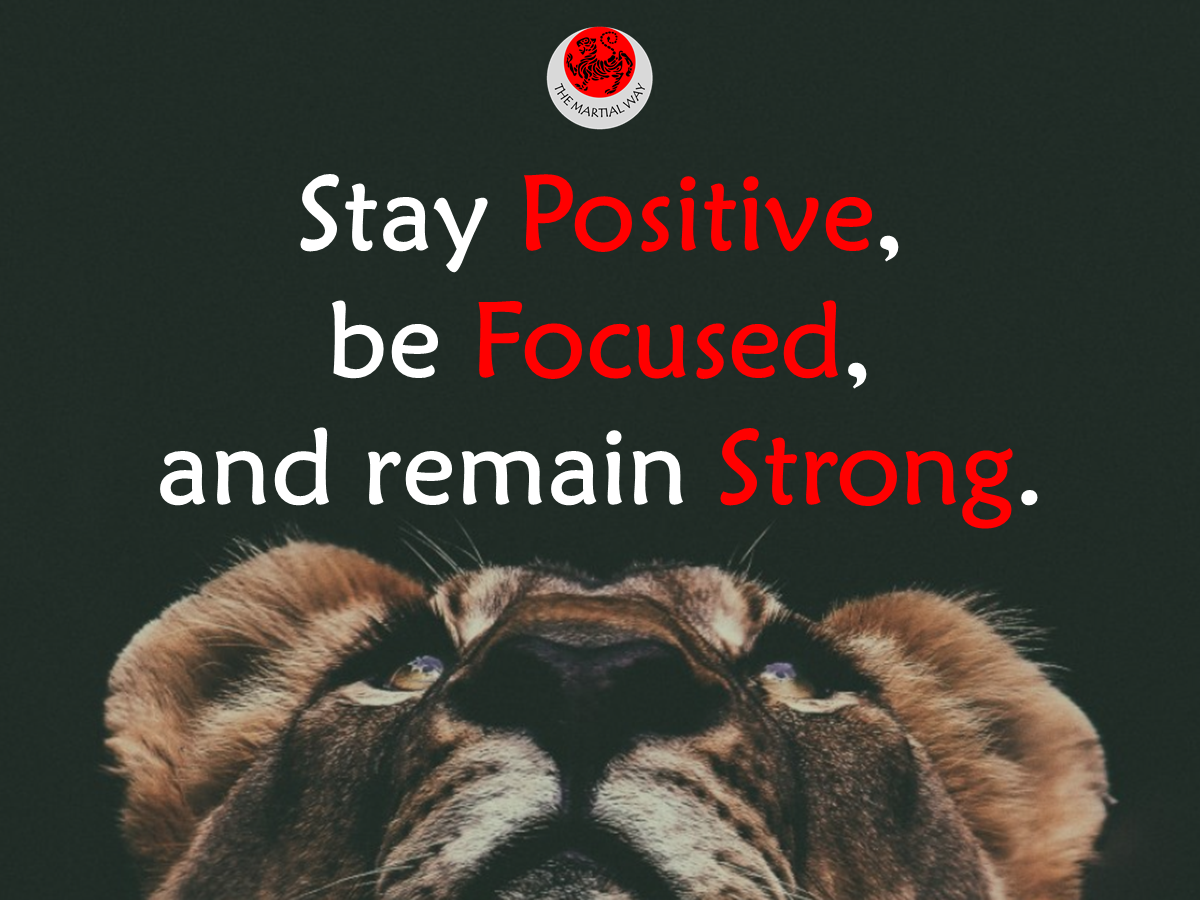Power and strength are two different physical attributes that are essential for martial artists, particularly those practicing karate. Understanding the difference between the two, as well as their pros and cons, can help martial artists to optimise their training and achieve success in competitions.
Power: Power is the ability to generate force quickly. It is a measure of the rate at which work is done, and it is typically measured in units of watts (W).
Strength: Strength refers to the ability of muscles to generate force. It is a measure of the amount of force that a muscle or muscle group can produce, and it is typically measured in units of force such newtons (N).
Power is the ability to generate force quickly, and it is essential for striking techniques in karate such as punches and kicks. The ability to generate a lot of force quickly allows martial artists to deliver powerful strikes to their opponents, which can lead to knockouts or submissions in competition. In order to develop power, martial artists often focus on exercises that improve their explosiveness such as plyometrics, weightlifting, and medicine ball throws.
Strength, on the other hand, is the ability to generate force in general, and it is important for grappling techniques in karate such as throws and holds. The ability to apply force over a longer period of time allows martial artists to control their opponents and to execute techniques with precision. In order to develop strength, martial artists often focus on exercises that improve their overall muscle mass and endurance such as weightlifting, bodyweight exercises, and resistance training.
In terms of competition, power can be a major advantage for martial artists in striking competitions as it allows them to deliver more powerful strikes and increase the chances of a knockout or submission. Strength can also be beneficial in grappling competitions as it allows martial artists to control and submit their opponents more effectively.
However, it's important to note that developing power and strength in isolation can have downsides. Focusing too much on power can lead to a lack of control and precision in strikes, while focusing too much on strength can lead to a lack of explosiveness and speed. Therefore, martial artists should strive to balance both power and strength training in their workout program to achieve optimal performance in competitions.
In addition to physical training, martial artists should also focus on developing mental and technical skills, such as strategy, timing, and accuracy. These skills, in combination with power and strength, will help martial artists to perform at their best in competitions.

In conclusion, power and strength are important physical attributes for martial artists practicing karate. While power is essential for striking techniques, strength is important for grappling techniques. A balance between both power and strength training is crucial for optimal performance in competitions. Additionally, developing mental and technical skills is also crucial for achieving success in competitions.
